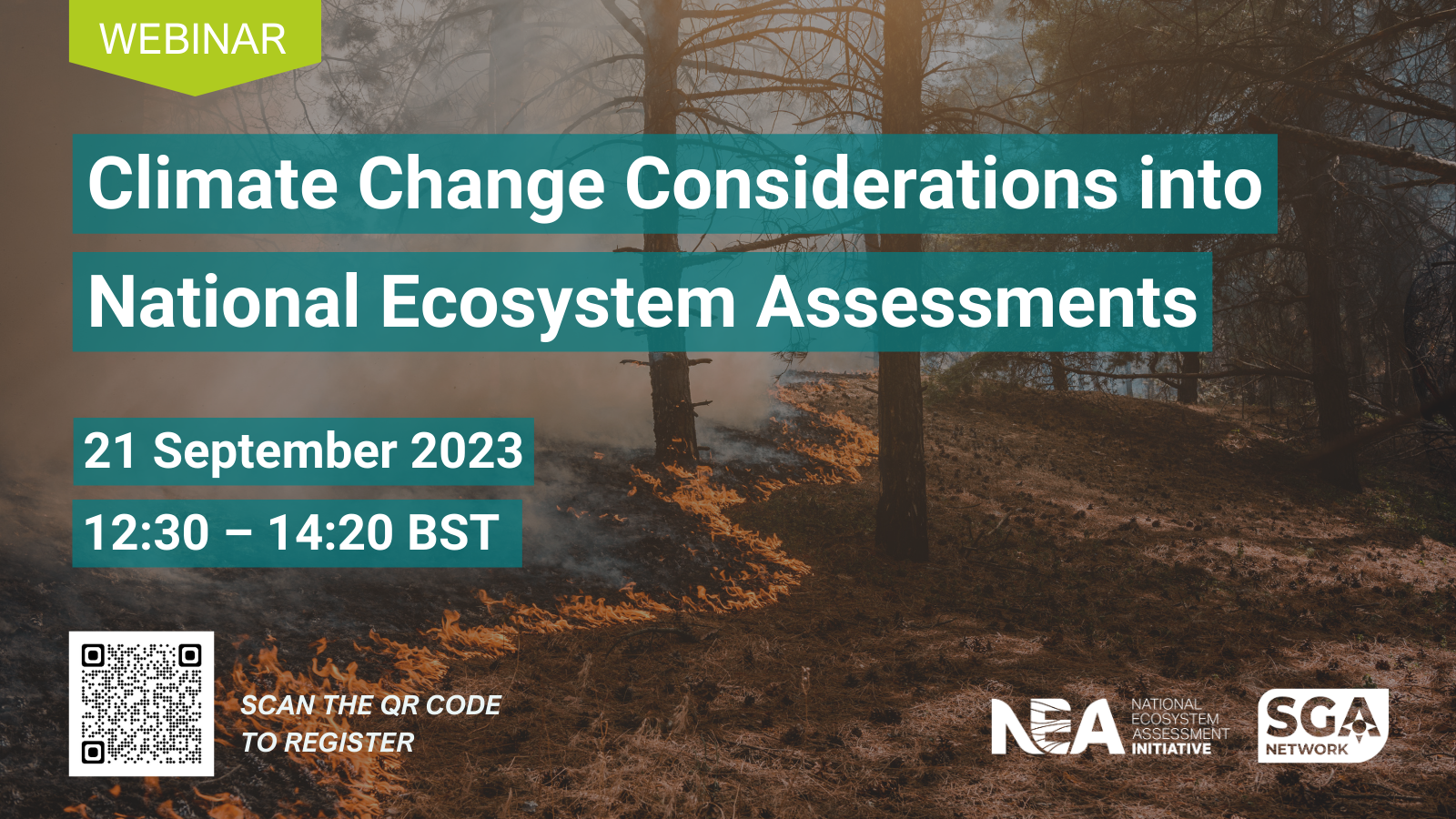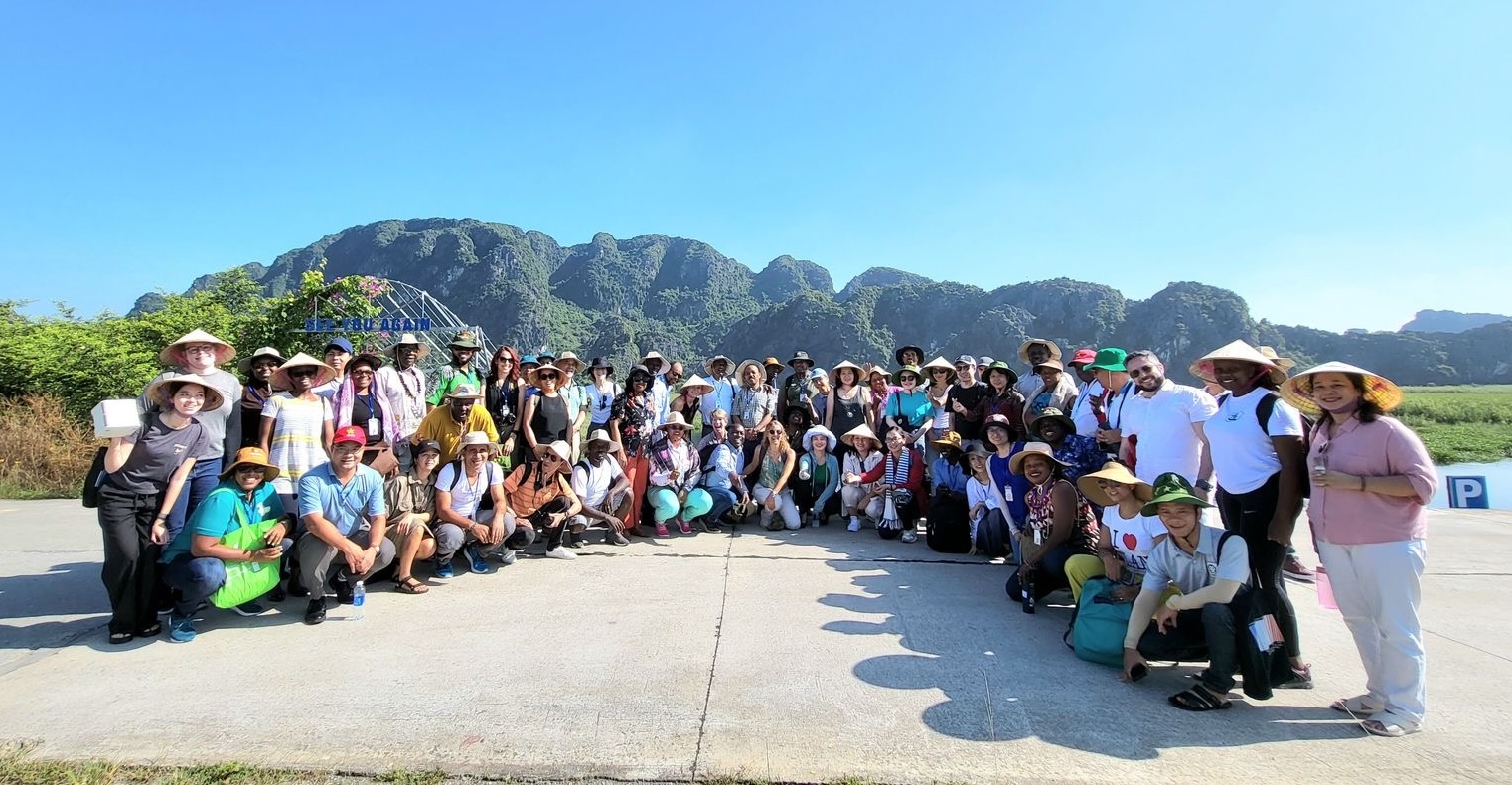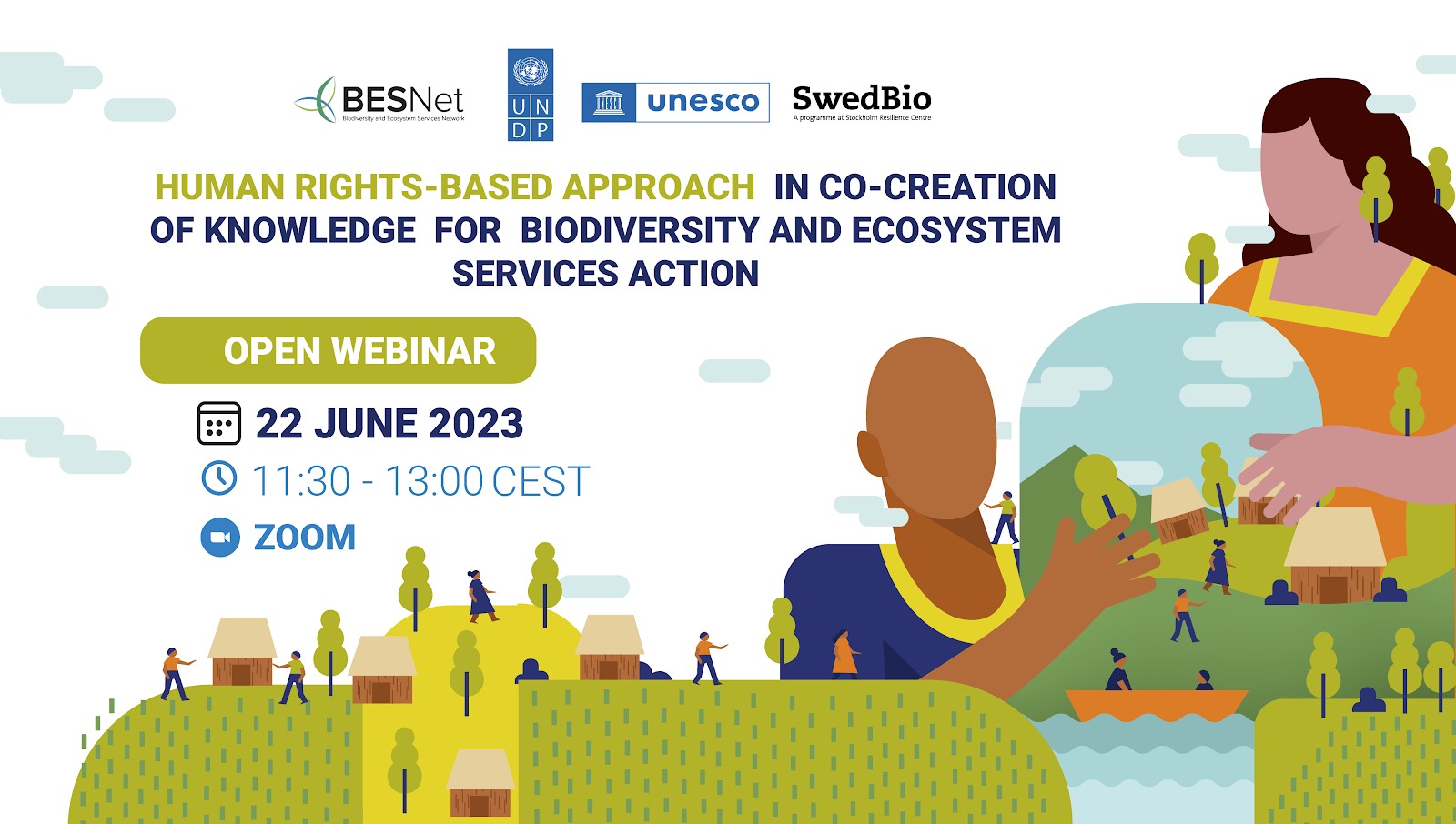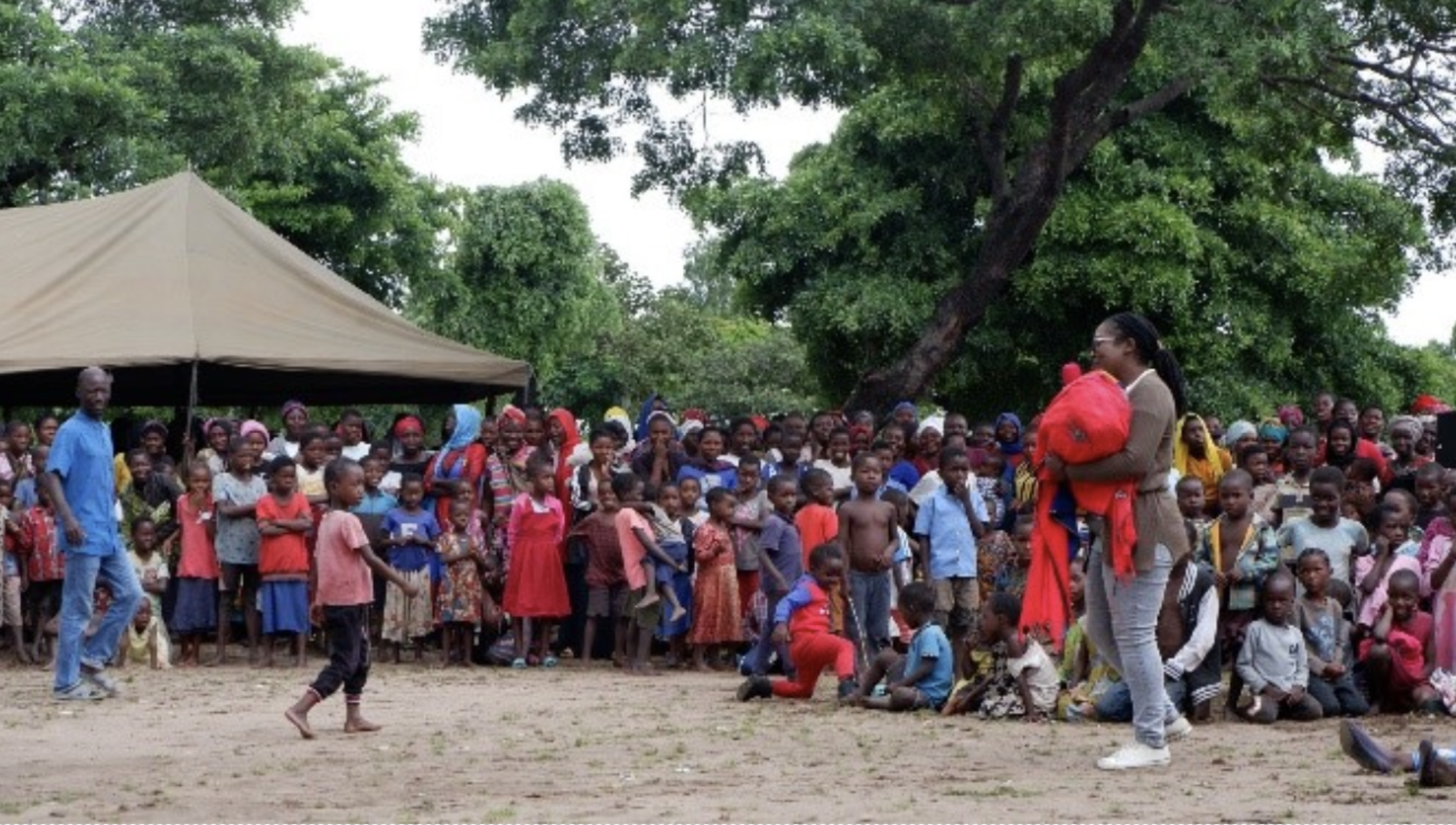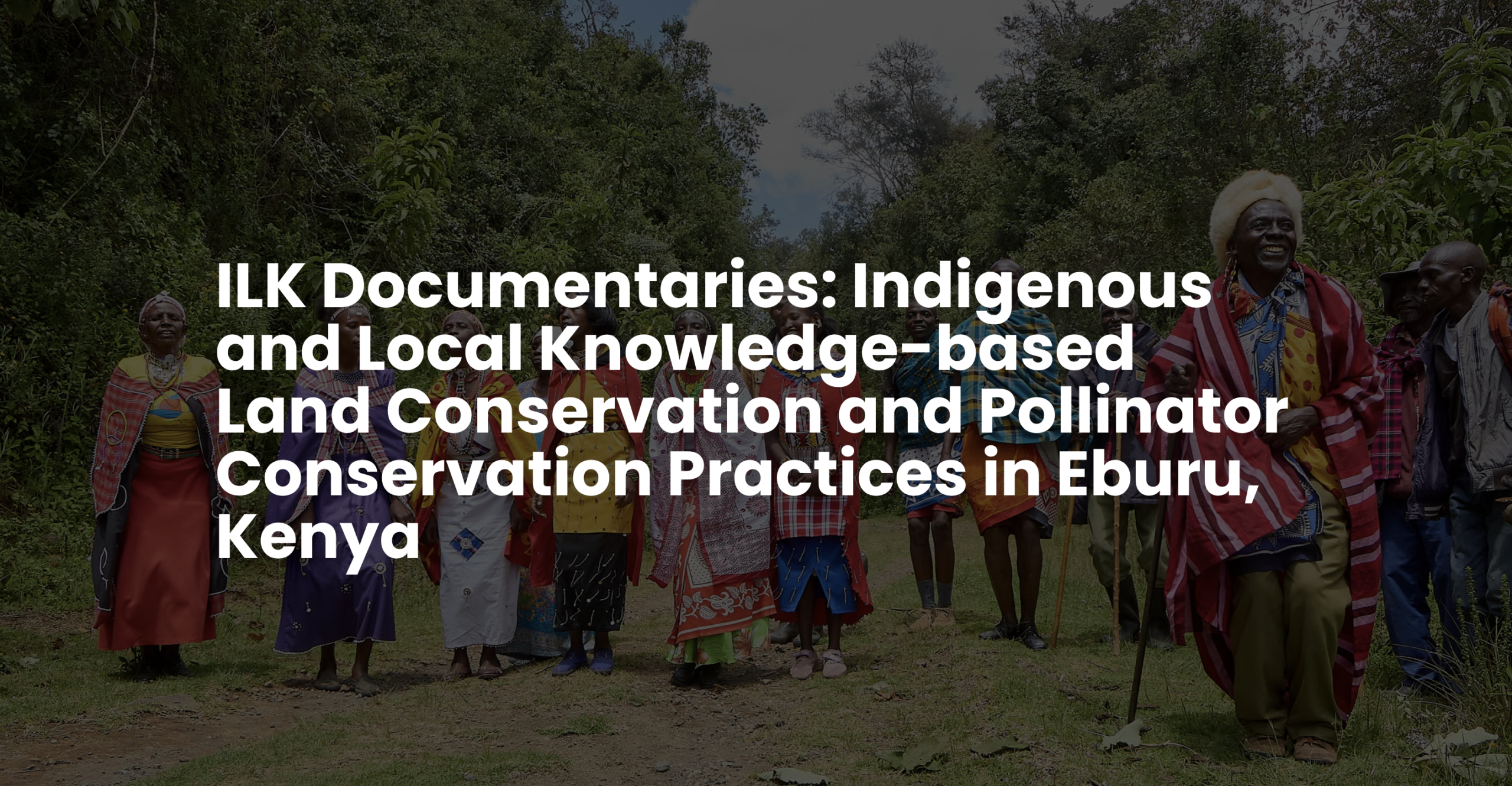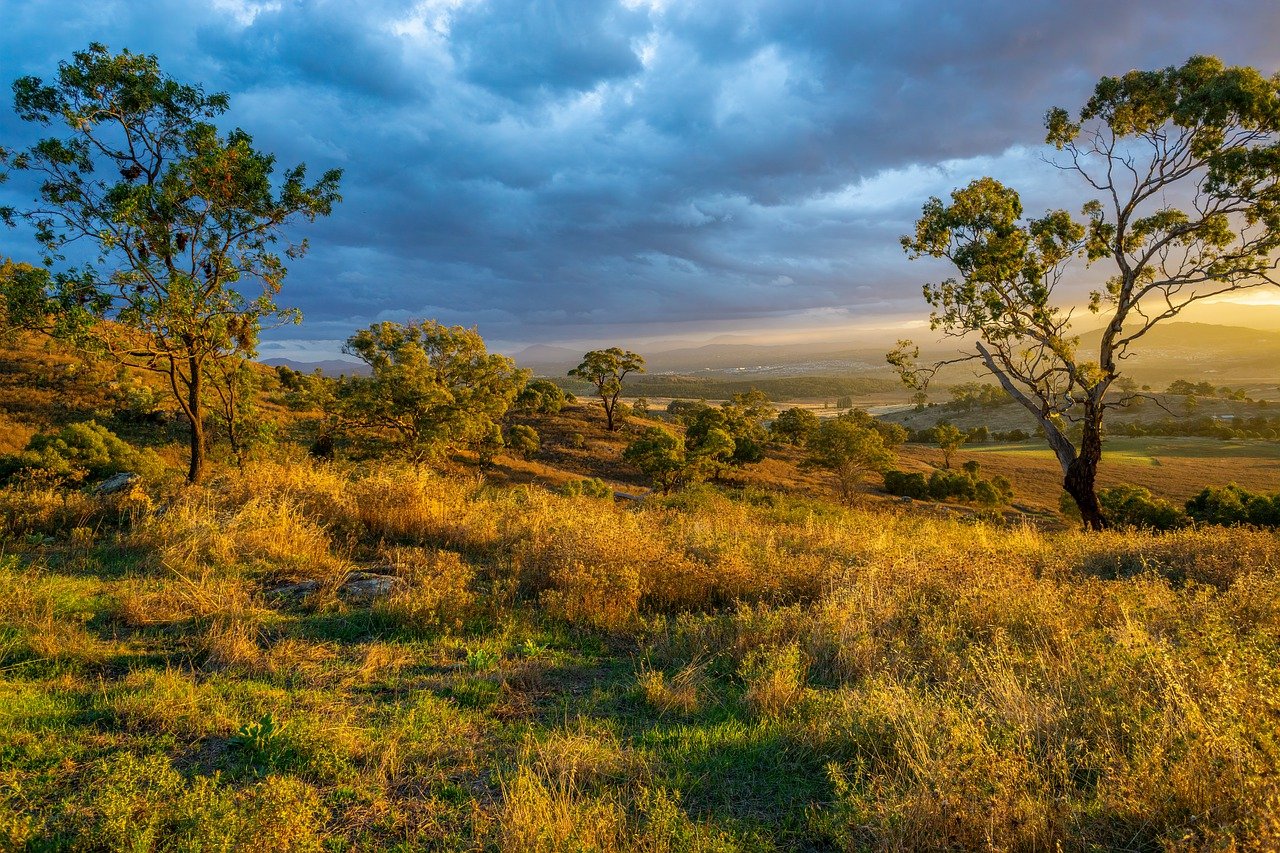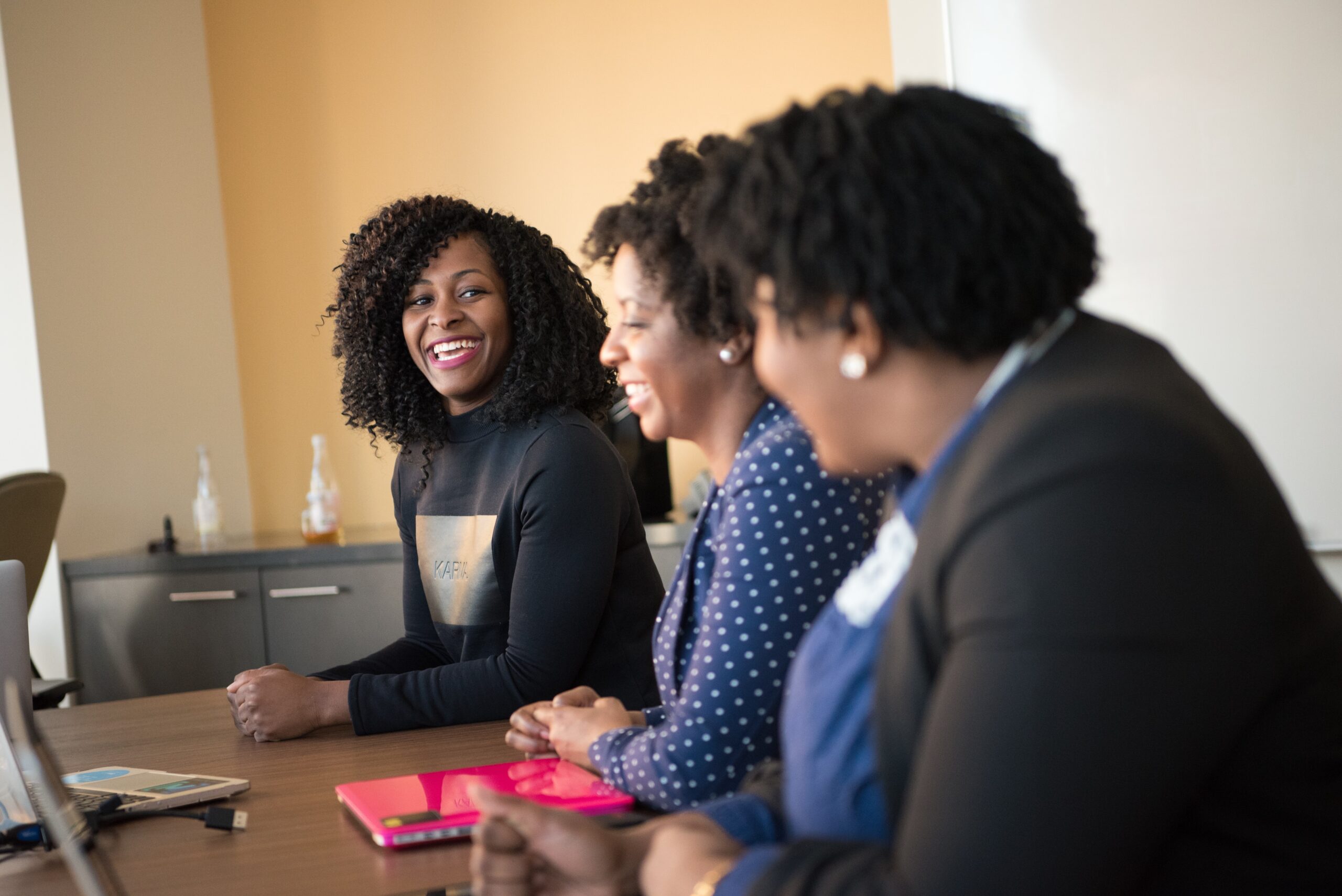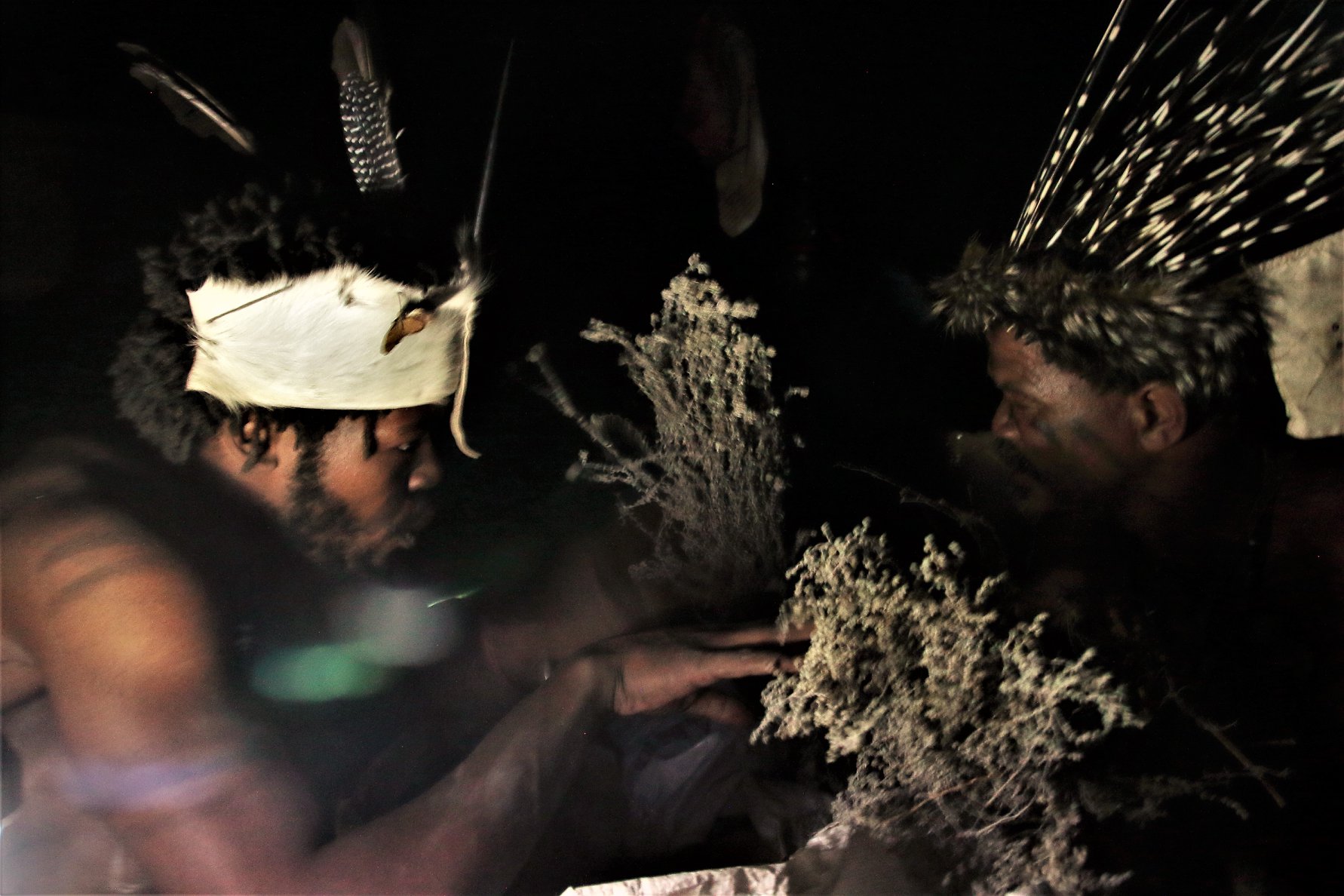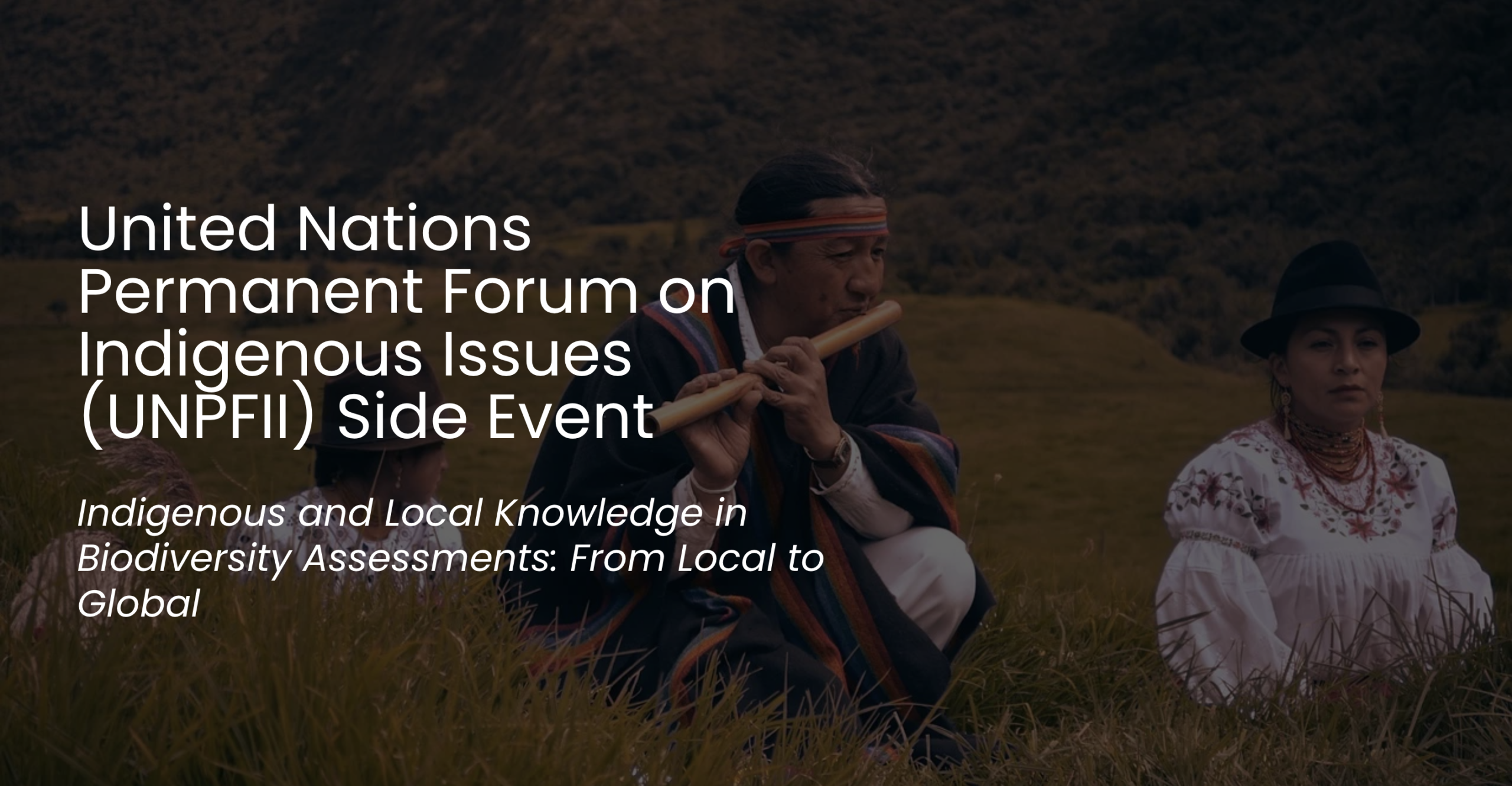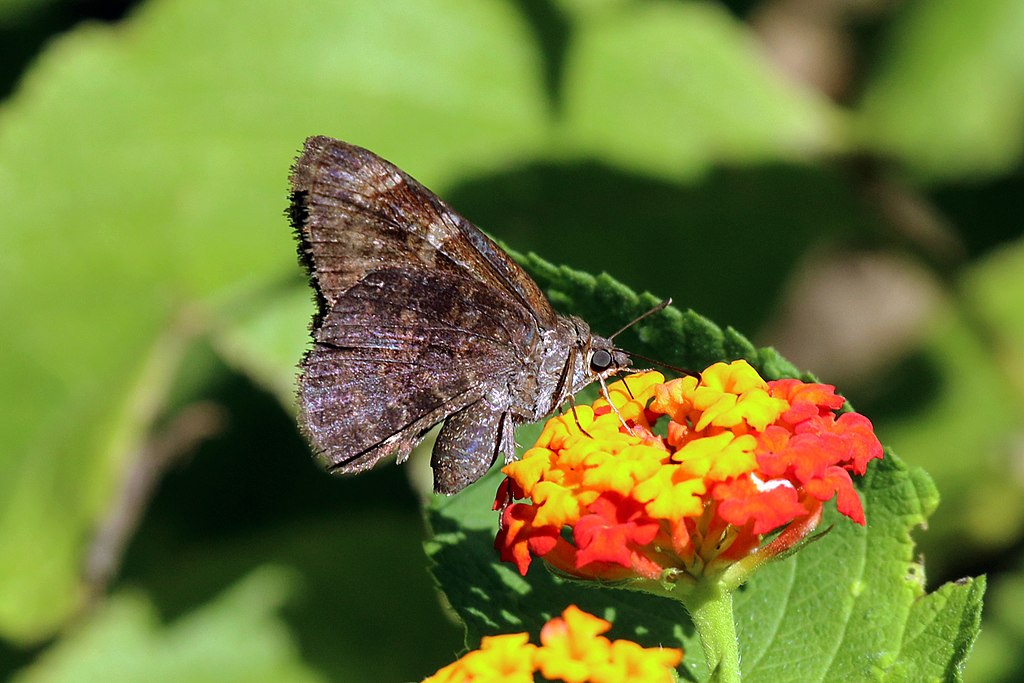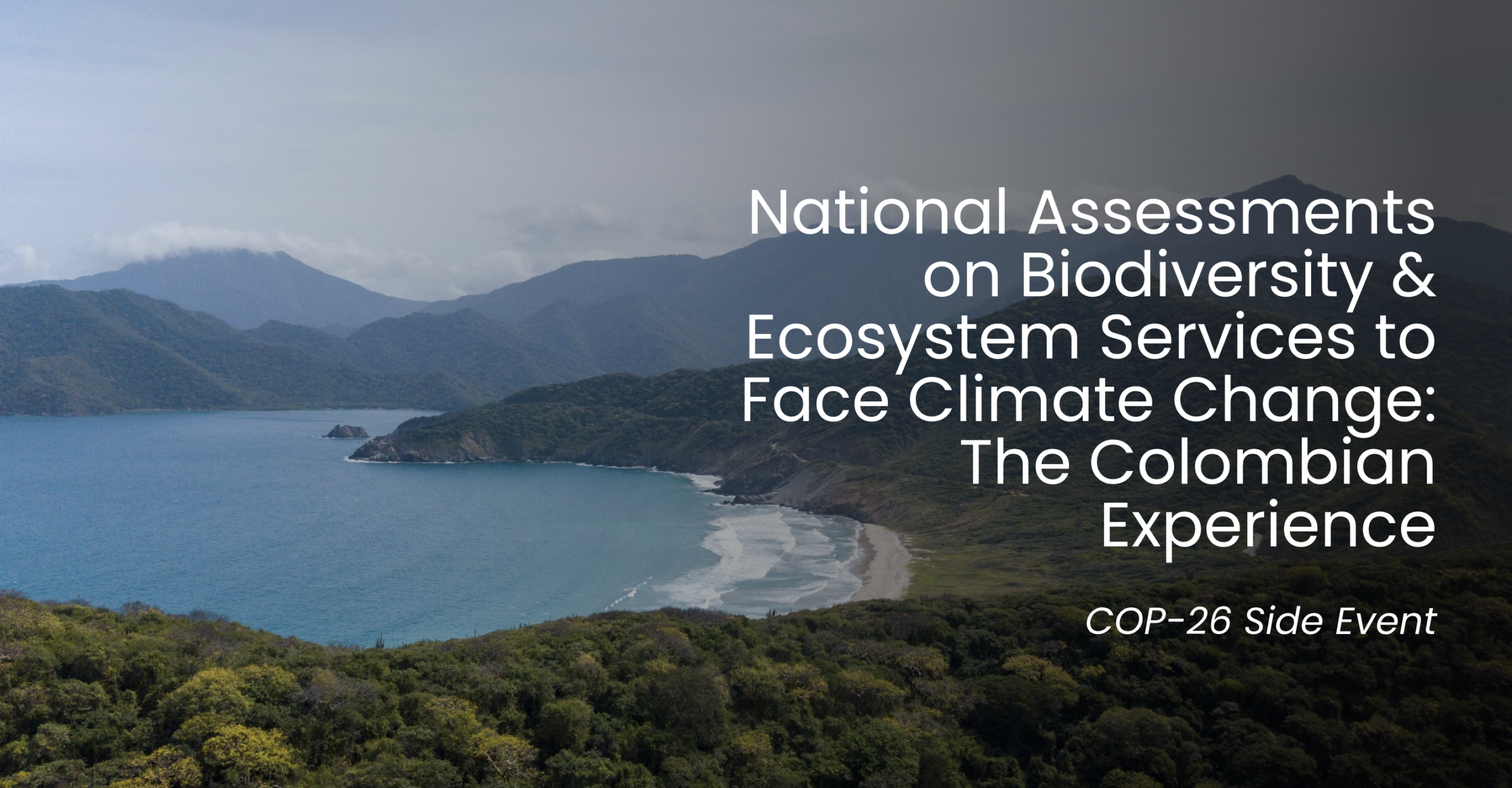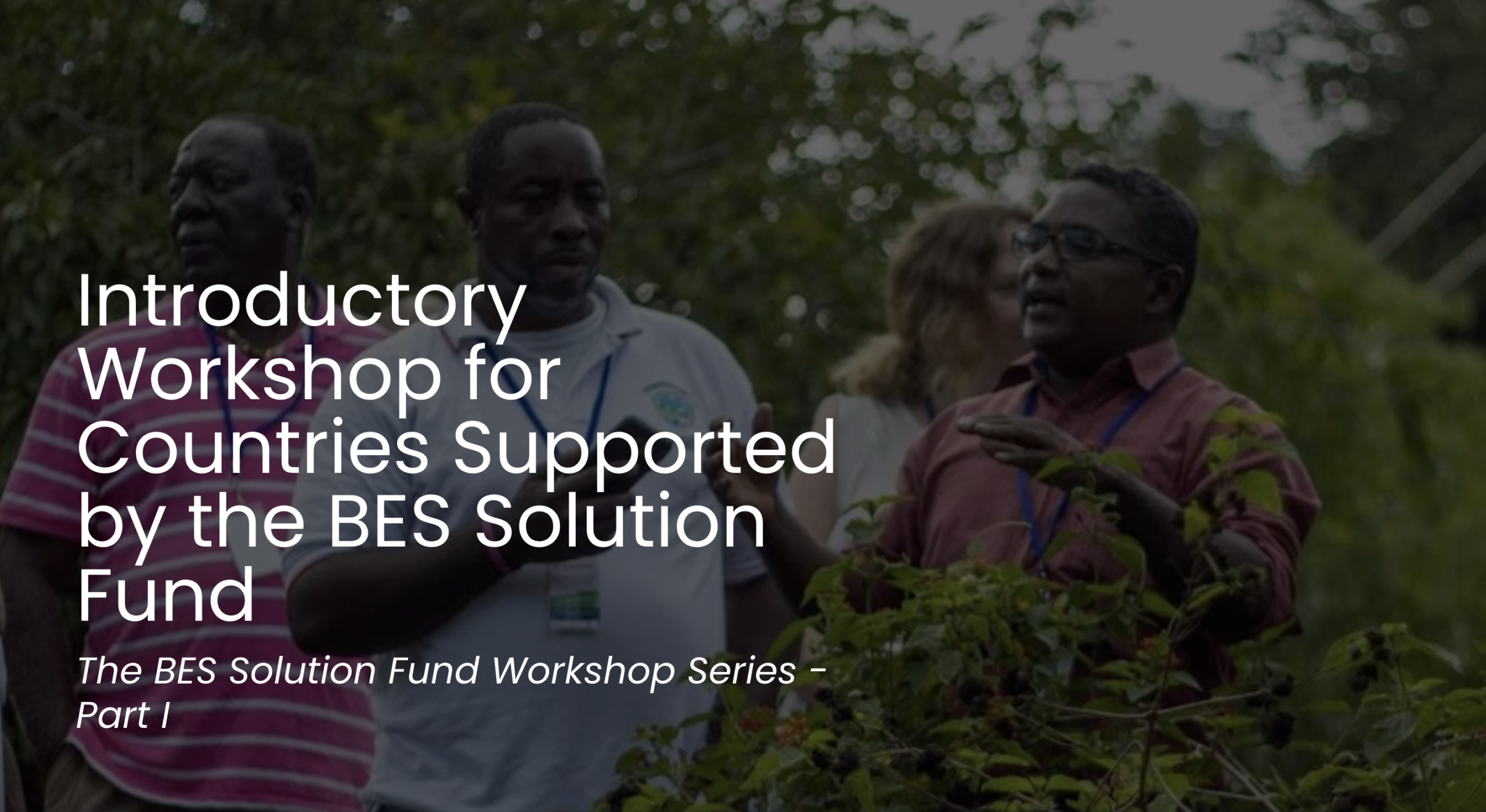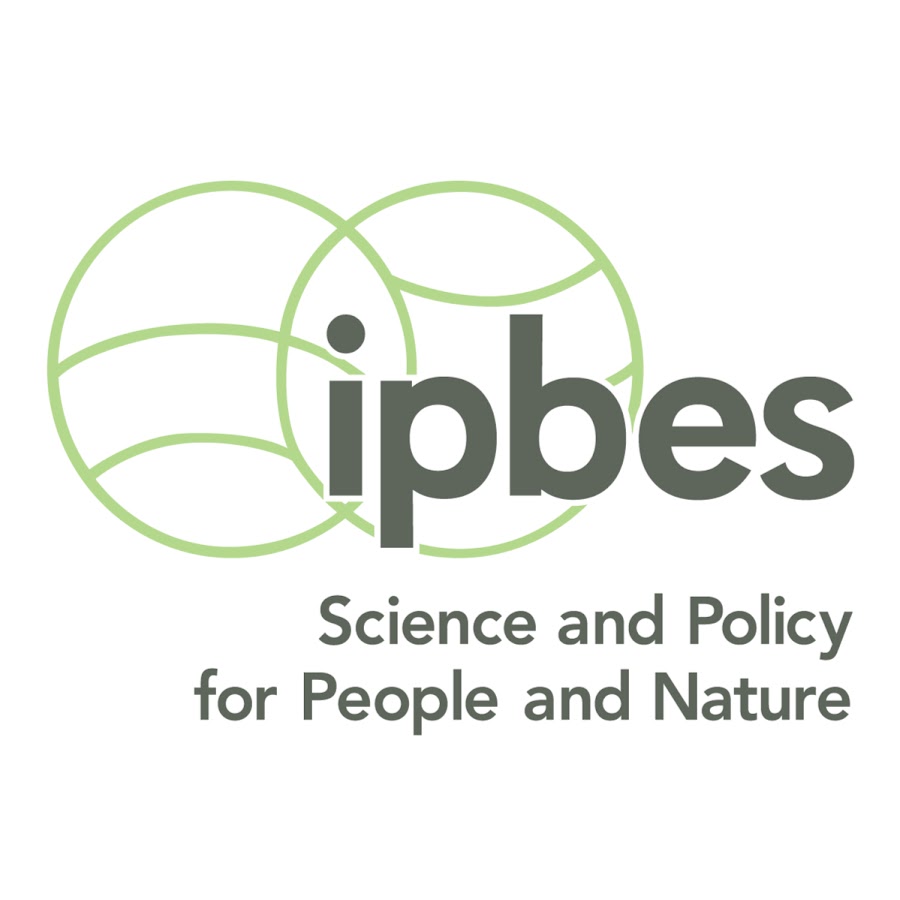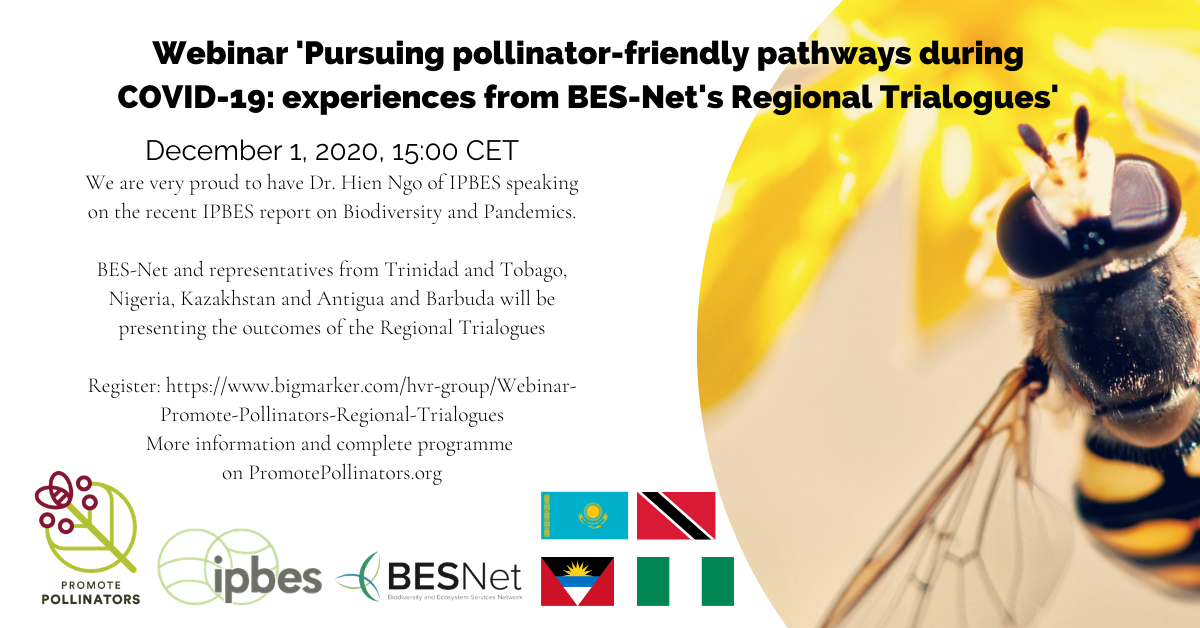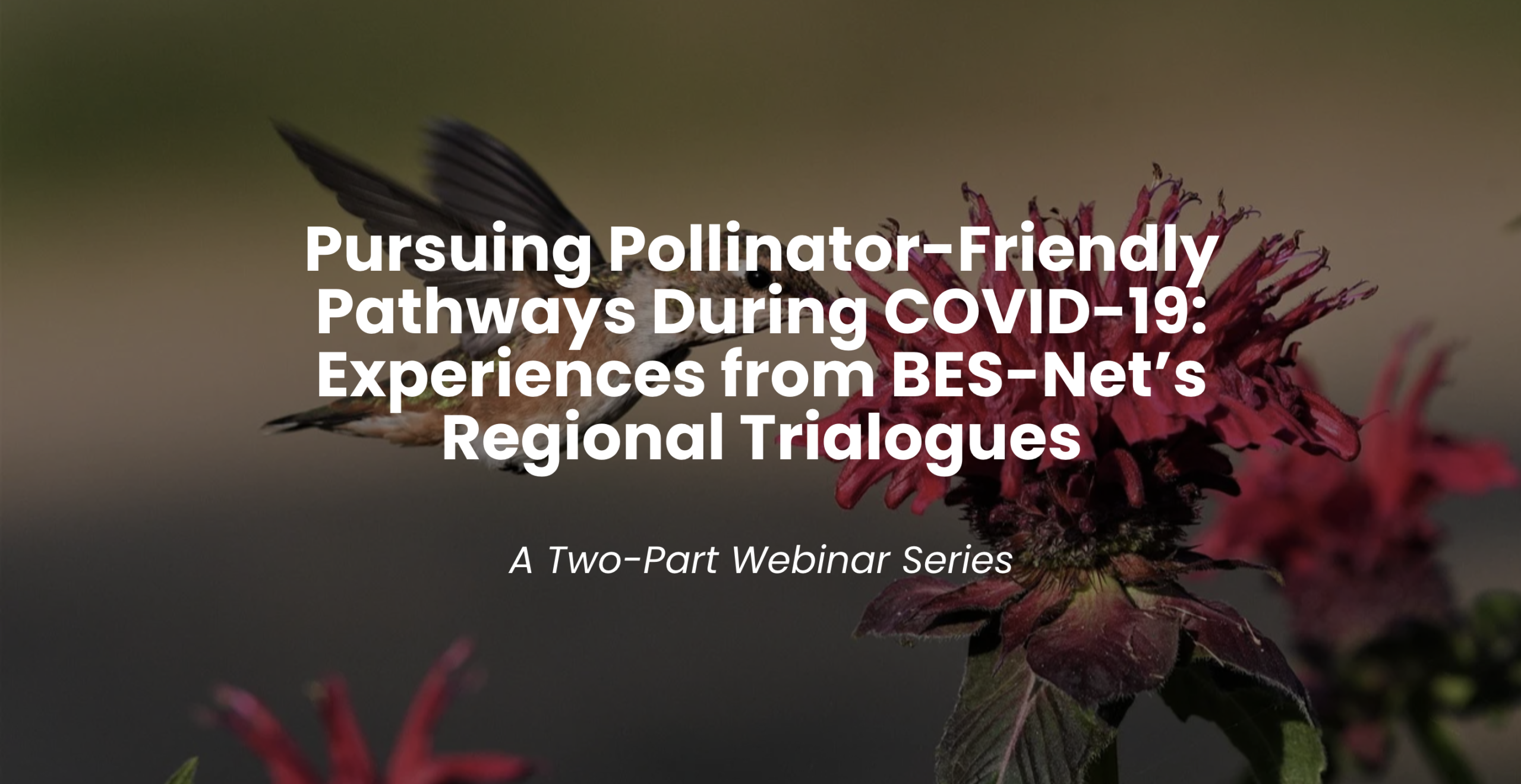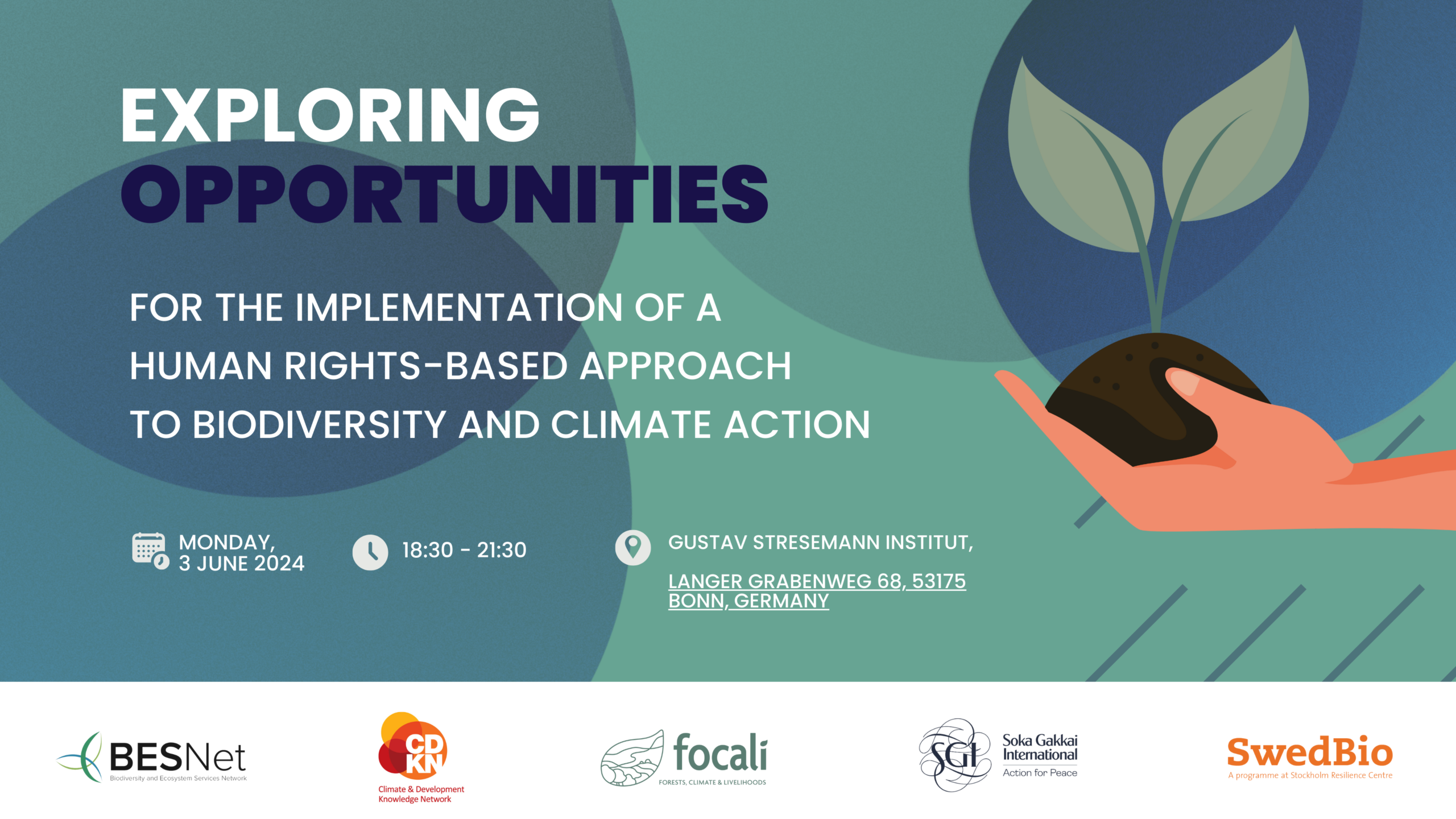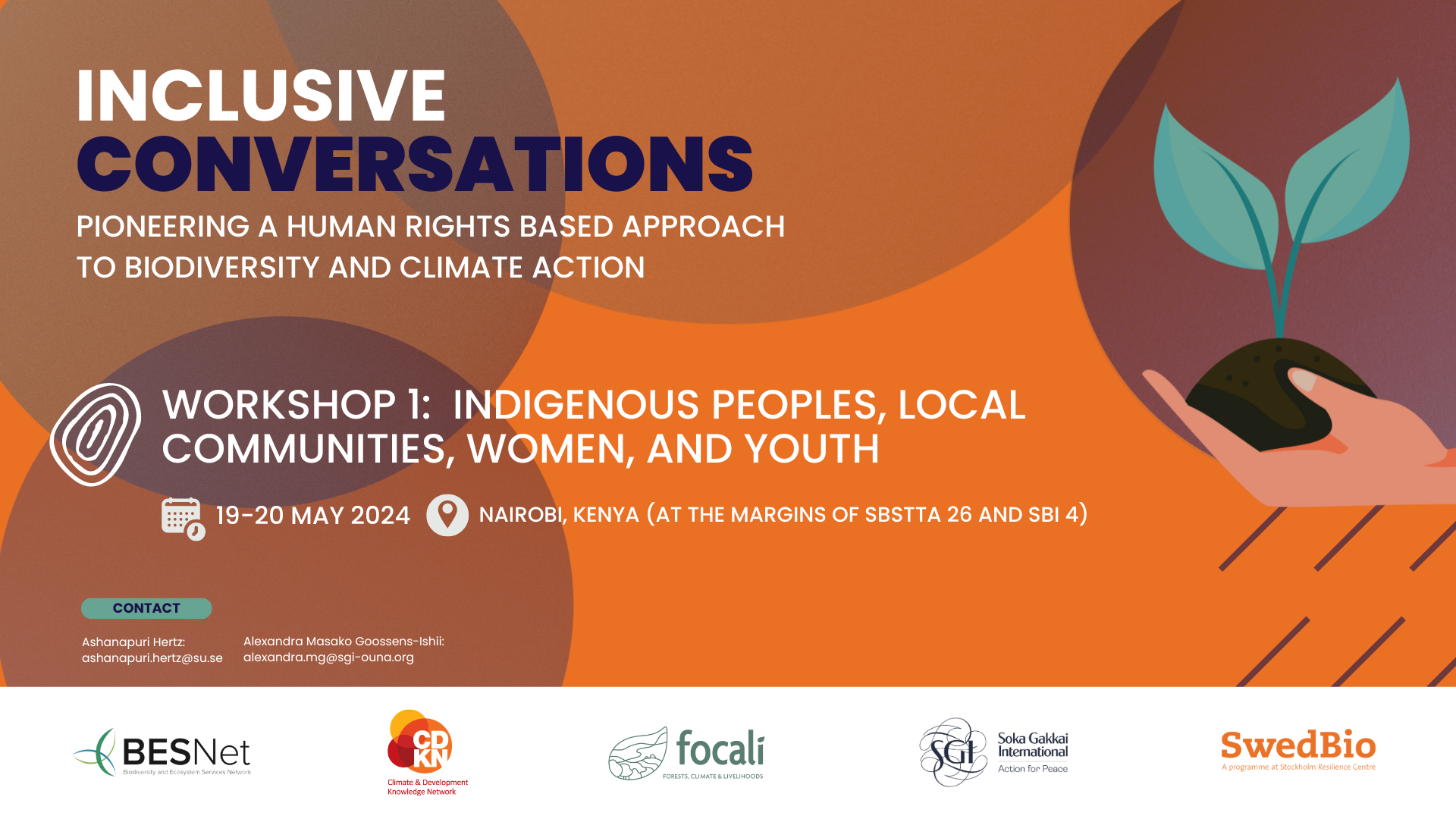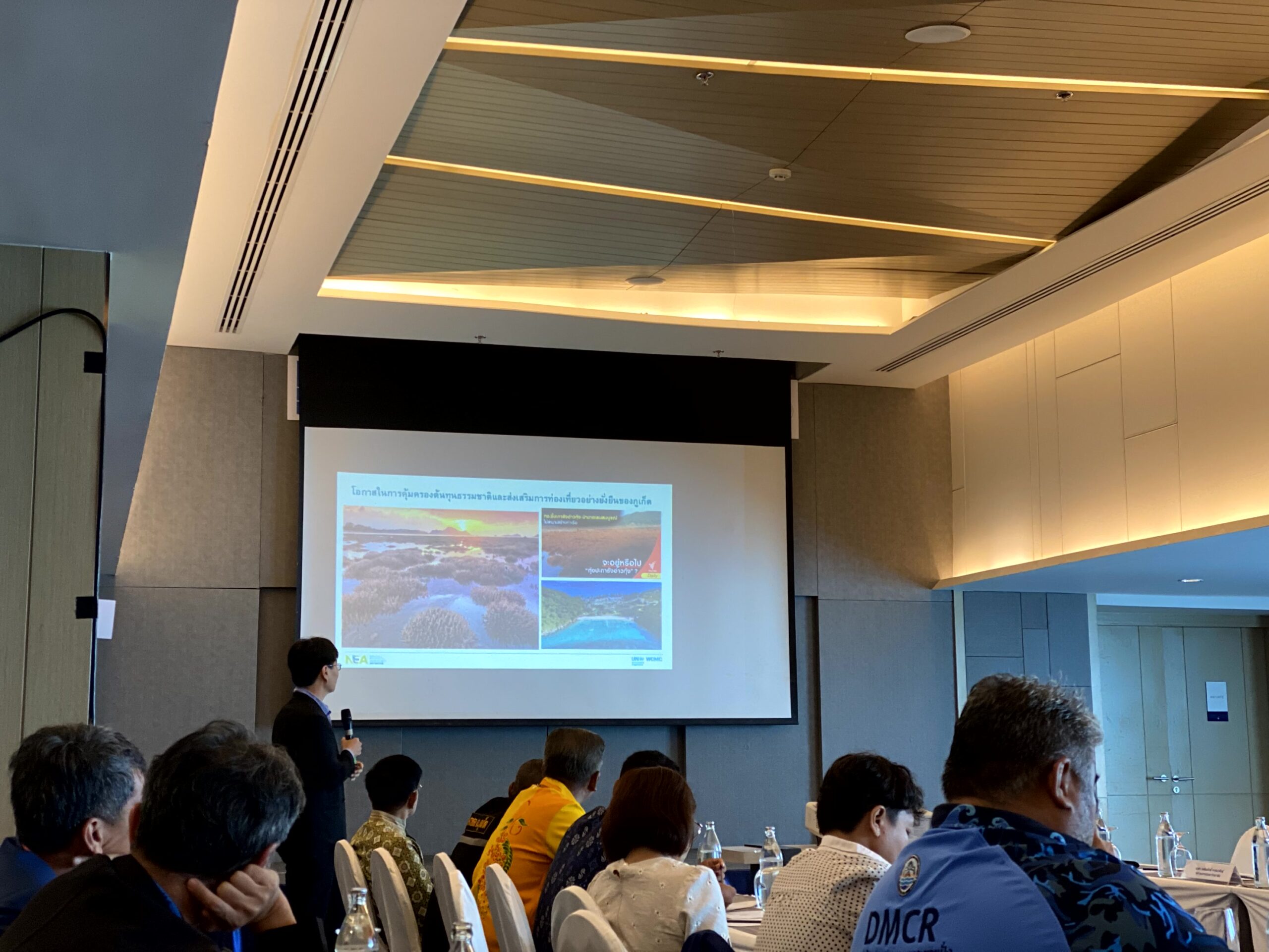This side event will discuss the IPBES global assessment and its key messages of relevance to indigenous peoples and local communities (IPLCs). This is also an opportunity for indigenous peoples to discuss the ways that they are communicating and using the assessment in their efforts to conserve and sustainably use biodiversity.
Online
Tuesday 20 April 2021
2.00pm-3.15pm CEST (Paris, Madrid) /
8.00am-9.15am EDT (New York)
To join the side event, please register at this link, and we will send you the connection information: https://zoom.us/meeting/register/tJ0vdeCgpjIjHdLdI8k6WqYBBRjeTTwh4b5m
Aims
- To support awareness among indigenous peoples of the IPLC-relevant findings of the global assessment.
- To discuss and share experiences of the different ways that IPLCs can use and communicate the findings of the global assessment.
- To record the event so it can be a resource for IPLCs who are interested in working with IPBES materials.
Background
The IPBES global assessment critically assessed the state of knowledge on past, present and possible future trends of the natural world, the social implications of these trends, their direct and indirect causes, and, importantly, the actions that can still be taken to ensure a better future for all. The summary for policymakers (SPM) of the global assessment was approved by the IPBES Plenary at its 7th session in May 2019.
Key messages and background information in the SPM demonstrate the importance of indigenous and local knowledge and IPLCs in the conservation and sustainable use of biodiversity. Challenges and ways forward are also addressed.
These key messages and related background information are now presented in a document (available on the IPBES website in English, French and Spanish), which aims to make this information more accessible. The text in the document has been taken directly from the SPM and has not been edited.
IPLCs have been communicating and working with the messages from the global assessment and previous IPBES assessments, to support their activities in biodiversity conservation and sustainable use.
The side event is an opportunity for IPBES to recognize the support of the UNPFII during the development of the global assessment and give back the results to the UNPFII community. The initial strategy of the global assessment for working with indigenous and local knowledge was presented to the UNPFII in 2017, and was endorsed by the UNPFII.
The IPBES Plenary, in decision IPBES-5/1, approved an approach to recognizing and working with indigenous and local knowledge in IPBES (available here), giving IPBES an ambitious and ground-breaking process for bringing indigenous and local knowledge to the core of large-scale assessments. This online side event, undertaken in collaboration with the IPBES task force on capacity-building, is part of the activities undertaken by IPBES to implement this approach. The side event is undertaken in the context of IPBES’ work on indigenous and local knowledge (objective 3b) and capacity-building (objective 2) under the IPBES rolling work programme up to 2030.
FPIC
The side event will follow principles of free, prior and informed consent. The aims of the side event and the potential uses for the information gathered will be clearly explained at the outset. Any reports, recordings or products from the meeting will be sent to participants for review and approval.
What is IPBES?
The Intergovernmental Science-Policy Platform on Biodiversity and Ecosystem Services (IPBES) is an independent intergovernmental body, established by member States in 2012. It provides policymakers with objective assessments about the state of knowledge regarding the planet’s biodiversity, ecosystems and the benefits they provide to people, as well as the tools and methods to protect and sustainably use these vital natural assets. Our mission is to strengthen knowledge foundations for better policy through science, for the conservation and sustainable use of biodiversity, long-term human well-being and sustainable development. See www.ipbes.net for more information.
What is the Network of the Centers of Distinction on Indigenous and Local Knowledge?
The Network of the Centers of Distinction on Indigenous and Local Knowledge (COD-ILK) is composed of indigenous leaders, experts, professionals and advocates of indigenous and local knowledge as vital for nature and nature’s linkages with people. The network promotes the integrity and value of the knowledge of indigenous peoples and local communities in science and policy. It was organized in 2016 during the 4th Plenary Meeting of IPBES in Malaysia.
|
Agenda 5 min |
Introduction |
|
20 min |
Presentation of IPLC-relevant findings from the global assessment Eduardo Brondizio, co-chair of the IPBES global assessment |
|
20 min |
Presentations from IPLC organizations |
|
25 min |
Questions and answers with presenters |
|
5 min |
Closing |



